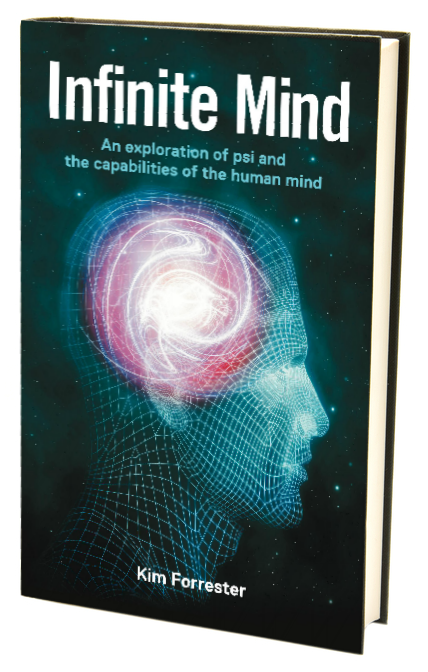
“What you do, what you say and what you think can influence other people by morphic resonance. There is no immoral filter in morphic resonance, which means that we have to be more careful about what we are thinking if we are concerned about the affect we have on others.” ~ Rupert Sheldrake
By Catherine Austin Fitts
I was often struck as a child by the insistence of most adults that the fundamental nature of our communication with each other was something other than it is. My education was grounded in materialism—the world was concrete and that is how things happened.
I took to poetry at a very young age. My grandfather and I would have poetry contests. We would take turns reciting two or more lines of poetry until one lost because they could not quote more memorized bards. In poetry I found insights on the biophysics of our existence:
“What I do and what I dream include thee, as the wine must taste of its own grapes.”
~ Elizabeth Barrett Browning
My success on Wall Street depended on mapping out human ecosystems and reengineering political alignments and risks. It only worked when the leadership was on occasion willing to change the politics of central control to permit fundamental economics to operate. Financial markets, when they work, express the psychic storm. Unfortunately, markets driven by intervention override the psychic storm—and the resulting intelligence—often in a destructive manner.
I graduated to a layman's understanding of physics listening to a Polish scientist driving for the Escort Car Service in New York who tutored me amidst otherwise unbearable Manhattan rush hour traffic. That got me reading The Dancing Wu Li Masters, which led me to The Presence of the Past by Rupert Sheldrake and Sheldrake’s theory of morphic resonance. Sheldrake’s theories seemed to explain the optimization of place-based economics and local markets that I observed as my company built relational databases and GIS mapping tools of government credit and spending.
I was generally quiet about such things, except at moments of important strategic decisions. One of the reasons that I maintained a control position in the voting shares of my company was because it was the only way to ensure that the important strategic decisions incorporated the biophysics of things—call it the divine intelligence. I once had a partner who said it this way when asked how he arrived at an intuitive decision—”It’s a gestalt thing.”
Being quiet about such things changed while in an immersive experience with covert operations. I became convinced by the various tactics that those leading operations to control and destroy people by invisible means incorporated a deep appreciation and understanding of biophysics.
In short, understanding these issues was critical to the understanding of reality and the gathering and exercise of power. This is one of the reasons significant funds from the Madoff and Epstein operations were laundered into research on the working of the human mind. This is why the debate about the impact of new technologies on human biophysics is so explosive.
Recommended to me by a Solari Report subscriber, Infinite Mind by Kim Forrester explores the nature of human intuition and non-local intelligence through a series of fascinating stories about the difference it has made in individual lives. Forrester comes at this from a more intimate pathway than, for example, Lynne McTaggert’s book The Field. It is an interesting and welcome addition.
Get ready to hear more about biophysics as global spiritual, cultural, and political warfare rises to new levels and more people are forced by necessity to achieve health and wellness by more economic means than the existing chemical/big pharma model.
A tip of the hat to author Kim Forrester for a valuable contribution to human understanding and culture.
Related Reading:
